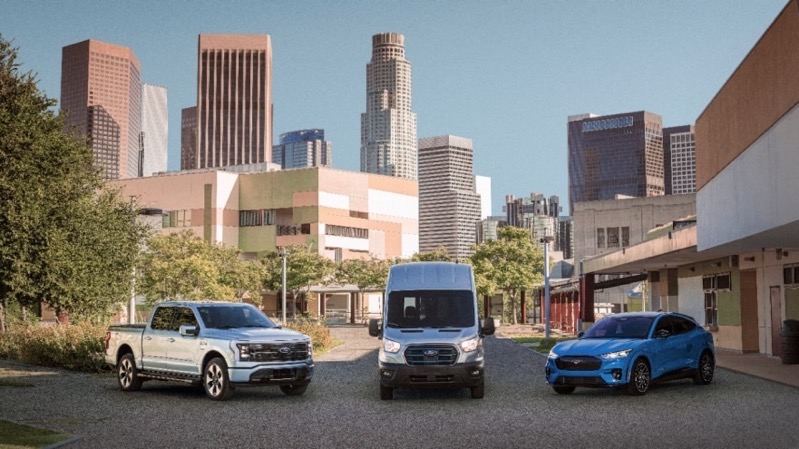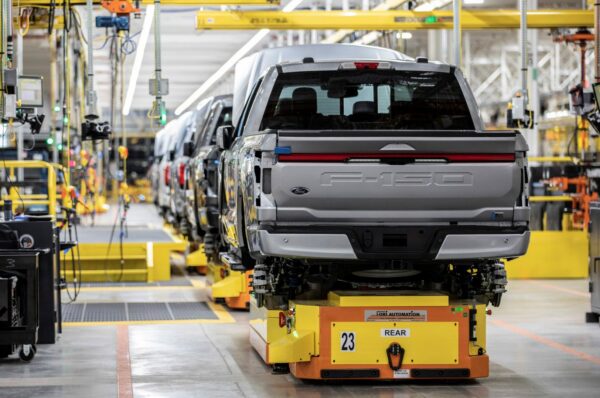
Ford Announces $3.5 Billion EV Battery Plant in Michigan, Using CATL Technology

Photo: Ford
Ford announced on Monday it will be investing $3.5 billion to build a lithium iron phosphate (LFP) battery plant in Marshall, Michigan, confirming previous reports last week. The new plant will be called BlueOval Battery Park Michigan.
The automaker says production should begin by 2026 and create 2,600 jobs. Ford says it is the first automaker to commit to building both nickel cobalt manganese (NCM) and LFP batteries in the U.S. Having batteries built in the U.S. means Ford will qualify for federal tax incentives that favor production of batteries in America.
Ford has partnered with China’s Contemporary Amperex Technology Co., Limited (CATL)–the world’s leading battery manufacturer. The plan will see Ford’s wholly owned subsidiary manufacture the battery cells using LFP battery cell knowledge and services provided by CATL; the latter has operated 13 plants in Europe and Asia.
CATL also supplies batteries to Tesla and its electric vehicles.
LFP batteries are set to debut in the Mustang Mach-E this year and the F-150 Lightning in 2024. The new LFP plant will add roughly 35 gigawatt hours (GWh) of LFP battery capacity, says Ford.
“We are committed to leading the electric vehicle revolution in America, and that means investing in the technology and jobs that will keep us on the cutting edge of this global transformation in our industry,” said Bill Ford, Ford executive chair, in a statement. “I am also proud that we chose our home state of Michigan for this critical battery production hub.”
Ford plans to build 600,000 EVs globally by the end of 2023 and 2 million globally by the end of 2026.
“Ford’s electric vehicle lineup has generated huge demand. To get as many Ford EVs to customers as possible, we’re the first automaker to commit to build both NCM and LFP batteries in the United States,” said Jim Farley, Ford president and CEO, in a statement. “We’re delivering on our commitments as we scale LFP and NCM batteries and thousands, and soon millions, of customers will begin to reap the benefits of Ford EVs with cutting-edge, durable battery technologies that are growing more affordable over time.”
The news comes after a report last year suggested that CATL was looking to build a new factory in the U.S., and talks with Ford have been underway since at least last February.

It also comes just a week after Ford said its EVs wouldn’t become profitable until 2025, and after CEO Jim Farley said that the automaker uses “25 percent more engineers” than its rivals to do the same amount of work.

